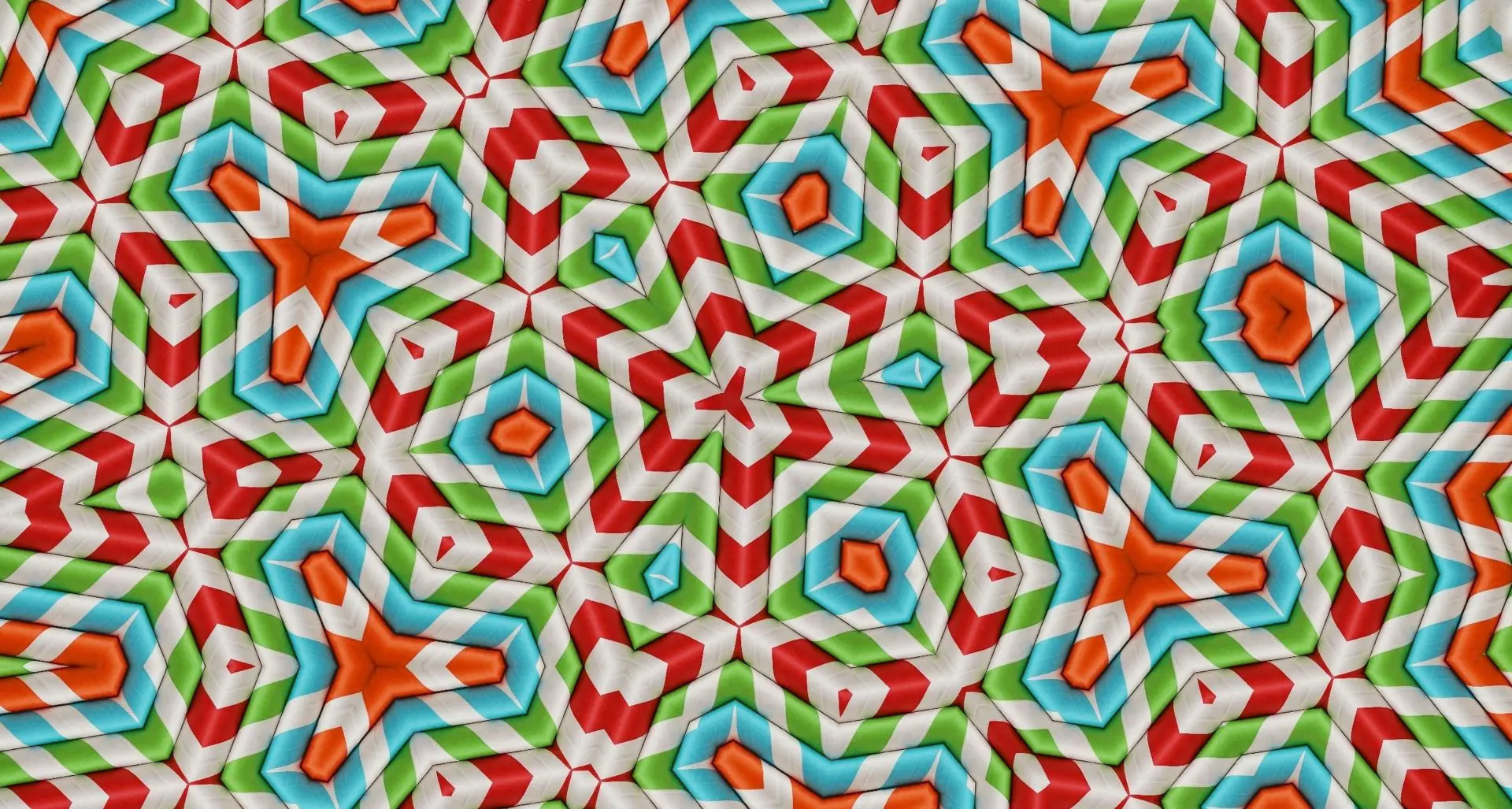Flamenco – Color Meaning and Symbolism

Looking for more amazing products? Check out our online store and explore our collection here! Happy shopping!
Before diving in, please note: This post is for informational purposes only. If you’d like to know more about how we approach topics, feel free to check out our friendly Disclaimer Page.
Hey there, amazing readers! 
We’re committed to delivering quality posts, and your support (even just sticking around despite the ads) means everything to us. So, bear with us, and thanks for helping us keep the good vibes rolling. Now, on to the fun stuff!
TRANSLATE BUTTON AT THE END OF THE ARTICLE
Overview
Flamenco, a traditional Spanish art form, is not only characterized by its passionate dance and soulful music, but also by the vibrant colors and symbolism associated with it.
The colors used in flamenco costumes and decorations hold deep meanings that add to the overall performance and experience.
Each color represents different emotions, themes, and cultural significance.
In this article, we will explore the meaning and symbolism of various colors in flamenco, including red, black, white, blue, and yellow.
Red in Flamenco: Passion and Power
Red is the most prominent color in flamenco and symbolizes passion, power, and intensity.
It represents the fiery spirit and energy that is intrinsic to flamenco.
When dancers wear red dresses or shawls, it enhances their movements and adds a sense of drama to their performances.
Red is also associated with love and desire, expressing the deep emotions conveyed through the dance.
In Spanish culture, red is often linked to bullfighting, another art form known for its passion and bravery.
Overall, the color red in flamenco evokes a sense of strength, sensuality, and raw emotion.
Black in Flamenco: Mystery and Depth
Black is another significant color in flamenco, representing mystery, depth, and elegance.
It is often used in the attire of male performers and is associated with the somber and intense nature of their dance.
Black symbolizes the darkness and complexity of emotions expressed in flamenco.
It adds an air of sophistication and intensity to the performance, allowing the dancers to convey a wide range of emotions.
Black also signifies the resilience and strength of the performers, as they delve into the depths of their art with unwavering commitment.
White in Flamenco: Purity and Innocence
White is a color that represents purity, innocence, and tradition in flamenco.
It is commonly seen in the flamenco dresses of female performers, particularly in traditional and folklore dances.
White symbolizes the purity of the art form itself and the reverence for its roots.
It also brings a sense of lightness and grace to the dance, contrasting with the intense emotions often portrayed.
White dresses often feature intricate lacework and detailing, showcasing the craftsmanship and attention to detail that is a hallmark of flamenco costumes.
Blue in Flamenco: Sadness and Longing
Blue is a color that conveys sadness, longing, and melancholy in flamenco.
It represents the deep emotions and sorrows expressed through the dance and music.
Blue is often used in the costumes of female performers, particularly in dances that evoke a sense of nostalgia and longing.
It reflects the soulful and introspective nature of flamenco, allowing dancers to express their innermost feelings.
Blue in flamenco adds a touch of melancholy and introspection to the performance, creating a powerful and emotive experience for both the performers and the audience.
Yellow in Flamenco: Joy and Celebration
Yellow is a color that brings joy, celebration, and happiness to flamenco.
It represents the lively and festive nature of the dance, particularly in upbeat and energetic performances.
Yellow is often used in accessories and embellishments, adding a vibrant touch to the costumes.
It symbolizes the exuberant and joyful spirit of flamenco, creating a lively and uplifting atmosphere.
Yellow also reflects the sunny and warm climate of Spain, where flamenco originated.
Overall, yellow in flamenco adds a sense of optimism, energy, and enthusiasm to the performance.
Conclusion
The colors used in flamenco play a significant role in conveying emotions, themes, and cultural symbolism.
From the passionate red to the mysterious black, the pure white to the melancholic blue, and the joyful yellow, each color adds its own unique meaning and enhances the overall experience of flamenco.
The colors in flamenco costumes and decorations not only serve as visual delights but also provide deeper insights into the emotions and narratives expressed through this captivating art form.
Whether it is the passionate power of red, the mysterious depth of black, the purity of white, the sadness of blue, or the joy of yellow, the colors in flamenco bring the performances to life, engaging and captivating audiences worldwide.

The Enlightenment Journey is a remarkable collection of writings authored by a distinguished group of experts in the fields of spirituality, new age, and esoteric knowledge.
This anthology features a diverse assembly of well-experienced authors who bring their profound insights and credible perspectives to the forefront.
Each contributor possesses a wealth of knowledge and wisdom, making them authorities in their respective domains.
Together, they offer readers a transformative journey into the realms of spiritual growth, self-discovery, and esoteric enlightenment.
The Enlightenment Journey is a testament to the collective expertise of these luminaries, providing readers with a rich tapestry of ideas and information to illuminate their spiritual path.
Our Diverse Expertise
While our primary focus is on spirituality and esotericism, we are equally passionate about exploring a wide range of other topics and niches 

To ensure we provide the most accurate and valuable insights, we collaborate with trusted experts in their respective domains 
Our blog originally focused on spirituality and metaphysics, but we’ve since expanded to cover a wide range of niches. Don’t worry—we continue to publish a lot of articles on spirituality! Frequently visit our blog to explore our diverse content and stay tuned for more insightful reads.
Hey there, amazing reader! 
Check out our store here and take a peek at some of our featured products below! Thanks for being awesome!













